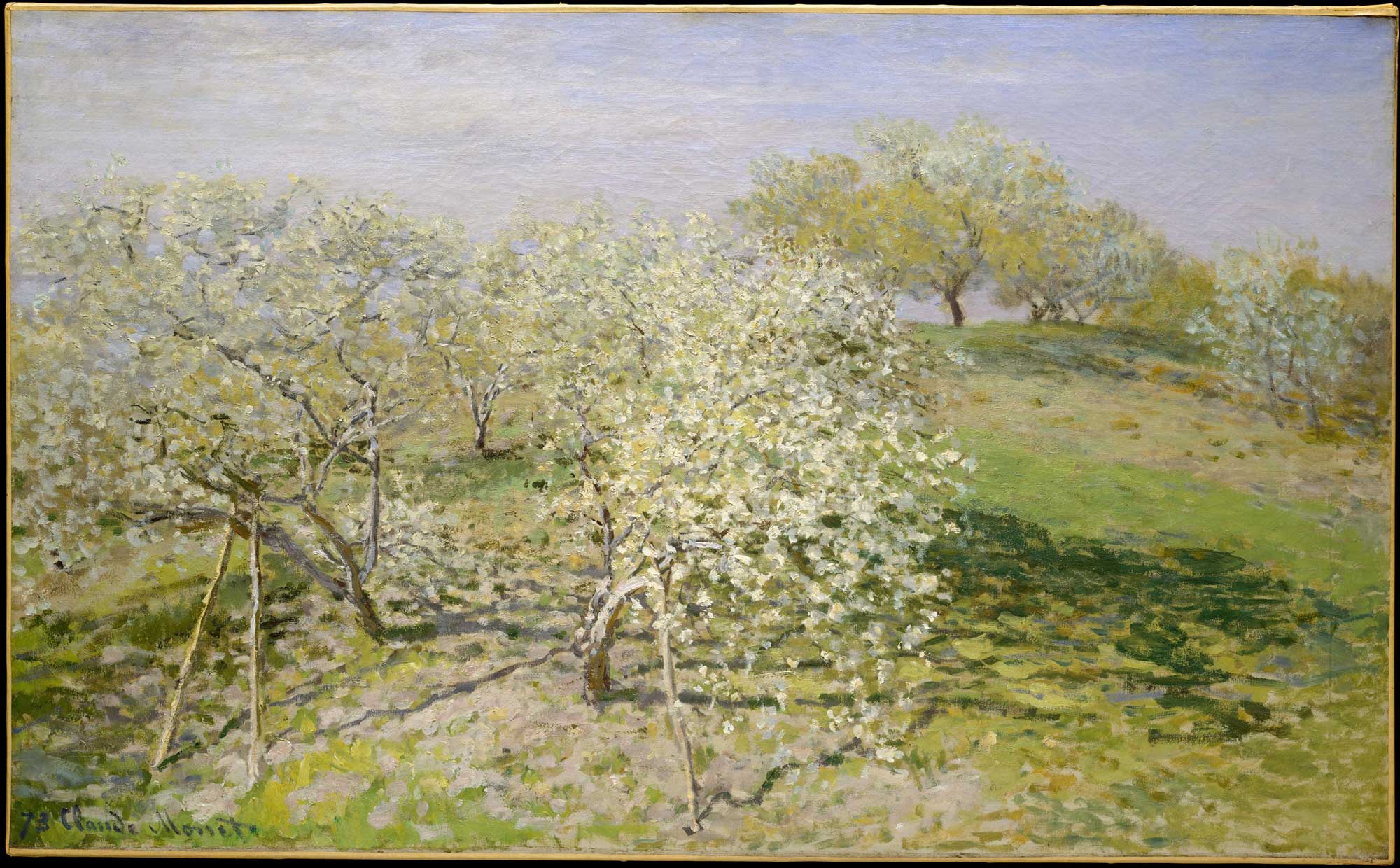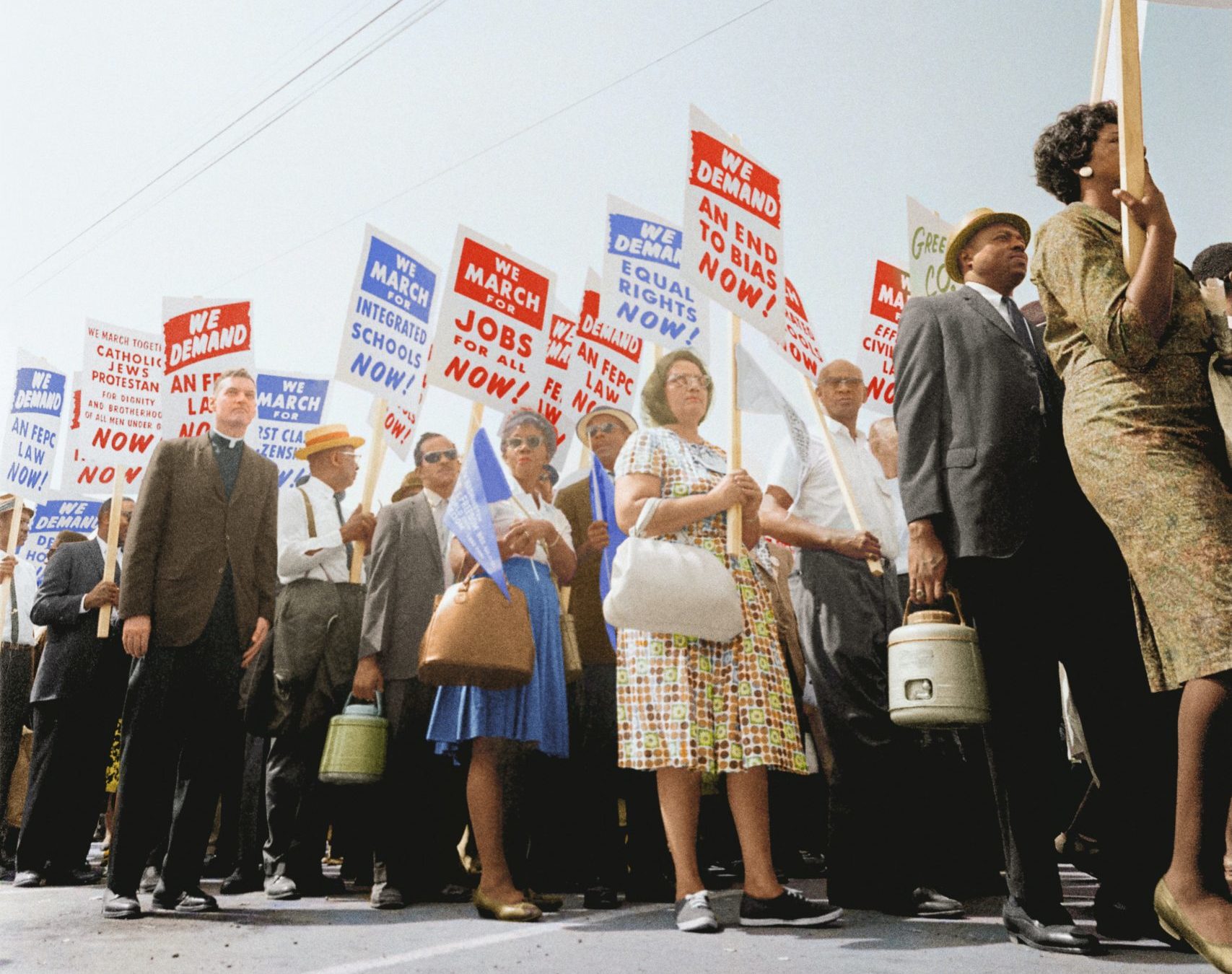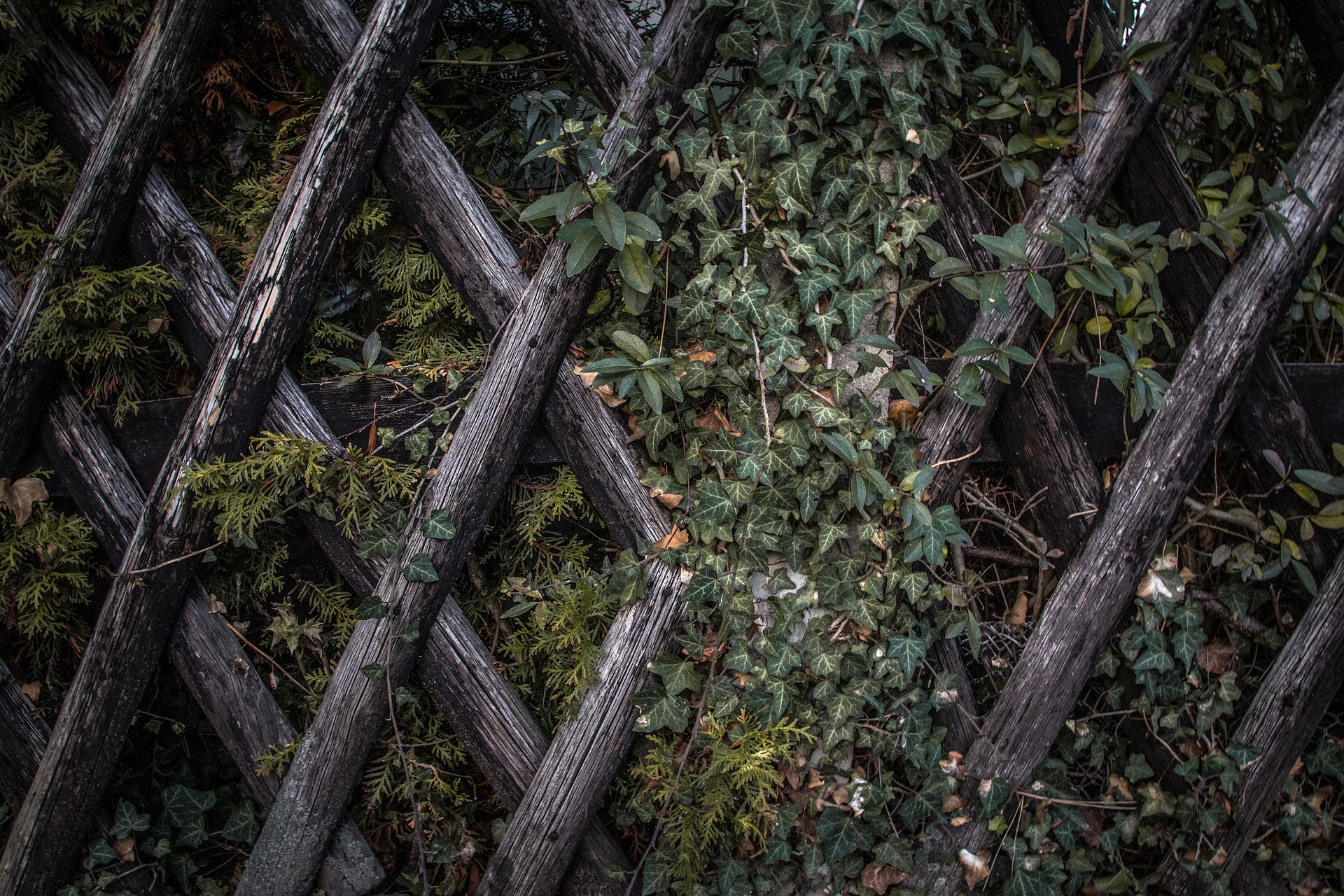The machines whirred in my father’s hospital room, the monitors beeped, the drips dripped. Through the window the Sandia Mountains shone crimson as the Albuquerque sun made its evening trip earthward, filling the room with warm, golden light. It was January, and a dusting of white snow lay gently atop the peaks, softening the desert’s crimson intensity and serving as a reminder of water and of seasons. And in the cardiac wing of Lovelace Hospital, in a dull stretch of city set between the mountains and the Rio Grande, my father lay dying in a hospital bed.
I got the call just days before from his girlfriend of nearly two decades. “Your dad’s back in the hospital,” she quavered over the phone, “probably for the last time.” She’d spent at least fifteen years hating me, so her willingness to make contact itself demonstrated a sense of urgency. My dad’s congestive heart failure had made him a regular visitor to the cardiac ward for as long as I can remember, and he’d undergone countless surgeries and procedures to try and bring life back to a withering organ determined to quit. It was a long, ugly fight, and he was finally losing.
My dad was a difficult guy, and our relationship was strained. My parents had separated when I was six, my mom taking me and my sister with her to Florida while my brother stayed with my dad in Marion, Arkansas. A mutual silence held throughout most of my teens, broken only by my reaching out to him through email in my early twenties, in a spirit of curiosity and clemency. It was a strange reencounter, an adult son getting to know his dad for the first time as a person rather than simply a parent. We wrote each other about our lives and dreams; he shared insights on music, gleaned from a lifetime of being a virtuoso tenor saxophonist. But I was soon surprised to find that one of every three emails he sent had to do with politics: the Libertarian Party newsletter, Ron Paul articles, conjectures about Obama’s birth certificate. (In March of 2011, he sent a wave of articles excitedly weighing the possibility of Donald Trump running for president.)
As the years passed and we grew closer, my dad’s obsession with outrage media intensified. Most of our discussions would include a tirade about Obama, a wingnut book recommendation, an anguished plea for people to “wake up.” I watched how this obsession gradually alienated him from nearly everyone he knew; friends and family fell by the wayside as he crawled deeper into a cave of conspiratorial logic and monomania. His mind had become a receptacle for slogans and buzzwords that circulated within conservative-branded political media. And while I sat holding his hand in his hospital room, stumbling through the last few opportunities for conversation we’d ever have, his attention regularly drifted to the television overlooking his bed that played Fox News and OAN on a constant loop. Even in the active unfolding of his death, with the certainty of his end staring him right in the face, his consciousness remained absorbed in the engrossing frivolity of the TV screen.
I watched how this obsession gradually alienated him from nearly everyone he knew; friends and family fell by the wayside as he crawled deeper into a cave of conspiratorial logic and monomania.
After he died, I learned that my dad—who, at the end of his life, had hardly any income and no savings, and who lived off the generosity and naïveté of his partner—had been sending most of his meager Social Security checks to the NRA, Project Veritas, the Donald J. Trump Foundation, and Hillsdale College. My dad had neither a firearm to his name, nor a college degree. What he did have, however, was a deep, foundation-rattling anxiety about the world ubiquitous among boomers that made him—and countless others like him—easily exploitable by media conglomerates whose business model relies on sowing hysteria and reaping the reward of advertising revenue.
Media’s dominion over the public imaginary is, of course, not new: many of the great humane minds of the twentieth century devoted some portion of their career to decrying the hegemony of the television and its power to reshape persons and communities. Robert Putnam’s Bowling Alone blamed the television for the collapse of American social capital in postwar America and the widespread social alienation that followed; Marshall McLuhan predicted the televisual age would bring an end to modern individualism and return us to superstitious primitive collectivity in the “global village,” a re-creation of the primordial mythic world shot through with “panic terrors” and “tribal drums.” The critiques have already been made; their predictions have largely come to pass.
But for Christians, such critique should carry a different emphasis. Christianity can never be mere theory—it must inform how we live, both individually and collectively. Our theorizing must be understood as part of our long, arduous journey toward mutual edification. We are our brothers’ keepers, and we must concern ourselves with the good of those we love and work to aid in their flourishing. And when we find our brothers—or our fathers, mothers, grandparents, aunts and uncles—worshiping at the altar of outrage media, offering up their anger in ritual devotion to false gods, it is incumbent upon us to free them.
Christianity can never be mere theory—it must inform how we live, both individually and collectively.
Matthew Walther made a beautiful attempt at this in The Lamp, rebuking his fellow Catholics’ obsession with Vatican inside baseball and their inclination toward culture-war squabbles:
I believe that you have become addicts. The drug to which you have become addicted is (like so many of the vices of our degenerate age) one of which your fathers and grandfathers could not have had any conception. I am speaking of the drug of online outrage, the soma of self-aggrandizement that you have become, I say not only accustomed to, but dependent upon, and which, not so incidentally, lines the pockets of those who have become experts in manufacturing it.
His harshness is, in fact, mercy. Tough love has a place in moral life. It is no act of love to stand by “nonjudgmentally” while someone’s compulsive behavior drives him to destroy himself. Humans are adaptable creatures, and we can become habituated to—and even derive comfort from—conditions that immiserate us. Baudelaire, more keenly than most, recognized the ways we become slowly habituated to vice:
The Devil pulls the strings by which we’re worked:
By all revolting objects lured, we slink
Hellwards; each day down one more step we’re jerked
Feeling no horror, through the shades that stink.
And Plato knew that when someone tries to shake us out of our self-made prisons, we more often than not rebel against them. In his allegory of the cave, the philosopher who returns underground to free his peers from their shackles—and from their addiction to watching the play of shadows—finds himself in danger when those he assists turn on him angrily out of confusion and skepticism. Thus it is, I suspect, with any attempt to free others from their enslavement to addiction. (My dad, for one, always responded very poorly.) But the possibility of danger should not dissuade us from the attempt: instead, it should remind us of the need to wed courage with strategy, and to act always out of love for the ones we wish to shepherd out of bondage.
My father’s drug of choice was Fox News. Others’ parents may have spent the last four years shooting up on MSNBC, the conviction that a fascist coup was in process paired with an implicit belief that only their attention and fear could act as katechons to this great fall. Trump was deranged. But Trump derangement syndrome was real.
When loved ones begin to fall into the outrage-media abyss, mercy demands that we help pull them out. The consequence of such falls are, on the level of the individual, moral emergencies; at the scale of the whole of society, with huge portions of the populace getting swallowed up, it constitutes a political crisis.
When loved ones begin to fall into the outrage-media abyss, mercy demands that we help pull them out.
The median age of the typical cable-news viewer is around sixty, and more than 80 percent of Americans age sixty-five and over still receive most of their news via cable TV. Whereas younger generations are increasingly turning to a diversity of internet sources for information on current events—which is, of course, its own can of worms—the boomer imagination is still very much shaped by a set of increasingly desperate and increasingly ideological televisual media brands, represented by their respective casts of talking heads who breathlessly interpret the events of the world in a manner harmonious with the desires and anxieties of their zealous audiences. This is, I suspect, the secret behind much of the “polarization” we decry: less differences in policies than differences in allegiance. Given that all understanding of the world beyond the home and workplace is squeezed through the homogenizing filter of corporate mass-media franchises, it should be no surprise that Fox News/OAN/Breitbart America and CNN/NYT/MSNBC America can find absolutely no common ground to stand on. If they did, it would be bad for business. What those companies sell is their viewers’ attention, and they use the viewers’ own neurochemical reward systems to harness that attention to hour after hour of commentary. The addictive pleasure of fear and rage is matched only by the addictive thrill of self-righteousness, and the sense that in some way by watching more (and more) you are doing your civic duty: you are part of the #resistance that will overcome the fascist threat, or part of the Real America that will take back the country from the elites. If you stick to your outlets of choice, you will never be surprised: you can count on never being exposed to facts that challenge the purity of the product that MNSBC and Fox supply. They’re reliable hookups, and they won’t let you down.
Readers will surely have their own stories of chasms opening up between people they love, of holiday gatherings becoming occasions for either open conflict or passive-aggressive eggshell-walking, of long tense silences settling in between friends and kin. For me, my dad serves as an especially representative example among many others. Scarcely a day has passed when I haven’t overheard a story of ties being cut over media narratives of current events. Earlier this year, for instance, a retired friend in her sixties ended a decades-old romance over differing reactions to the Capitol hubbub, each party wed to their favored media outlet’s interpretation of events. The commitment to their respective narratives proved more compelling than their commitment to one another.
And, if we are honest, this is not just a boomer problem. The pandemic, the election, and the string of protests and riots following the death of George Floyd have countless people glued to their news feeds, desperate for one more piece of information that will grant clarity to the maddening complexity of the world.
This is not just a boomer problem. The pandemic, the election, and the string of protests and riots following the death of George Floyd have countless people glued to their news feeds, desperate for one more piece of information that will grant clarity to the maddening complexity of the world.
We are sick with fear. And often the flood of information that washes over us from the screen of every computer, television, and phone brings only disorientation, and inspires us to seek refuge on whatever isle of understanding we can find, however inaccurate. “Believing that everything will be better if only we gather more information,” blogger Michael Sacasas recently wrote, “commits us to endless searching and casting about, to one more swipe of the screen in the hope that the elusive bit of data, which will make everything clear, will suddenly present itself.” Finding our way out of this dilemma, Sacasas writes, requires “courage, patience, practical wisdom, and, perhaps most importantly, friendship.” But these are hard, and picking narratives to build up your current picture of the world is easy. Unlike virtue, which grants a person freedom from the narrowness of his circumstances, outrage media—like any other addiction—demands more and more consumption. It sows the seeds of confusion and fear to reap its harvest of anger and resentment.
Recognizing fear as the source of the addiction helps us see a way out. When God appears to Abram in a dream to establish his covenant, his first words are: “Be not afraid.” And to Abraham’s son Isaac at Beersheba: “I am the God of Abraham, your father; be not afraid.” An angel to Joseph, and in the Annunciation to Mary, and to the women at Christ’s tomb: “Be not afraid.” And Christ himself, over and over again to his disciples: “Keep watch; but be not afraid.” For the rulers of this world, enlisting our bodily support in their power struggles is never enough: they want the full assent of our souls. And though we must render unto Caesar that which is Caesar’s, our souls and bodies, too, belong in the last analysis only to God. The politicians will squabble, but our victory has already been won for us on Calvary. To the extent that we forget this, we open ourselves up to fear.
The politicians will squabble, but our victory has already been won for us on Calvary. To the extent that we forget this, we open ourselves up to fear.
So what, exactly, do we do? First, dear reader, free yourself from the snares of outrage media. Engage with it as little as possible. There is nothing of real import happening in the world for which Tucker Carlson or Rachel Maddow is the best source of information. Second, try to find small ways to redirect conversation away from outrage matters. In conversation, keep focused on what is proximate and concrete, avoiding the distant and abstract: talk about hobbies and pastimes, people you actually see and talk to, the minutiae of day-to-day experience. It’s okay to tell someone “I think you’re watching too much of that stuff” or “I’m not really interested in talking about that.” Third, it’s easier with friends. “It is easier by far,” Sacasas counsels, “to take a step into the unknown with another walking alongside of us than it is to do so alone.” And it is the constant uncertainty of modernity, this ever-present sense of stepping into the unknown, that drives us to seek comfort in the simple narratives provided by outrage media. If we can find a way to form communities built on a mutual concern for the good of one another—or (perhaps more importantly) to bring this concern into the communities of which we are already a part—we will find ourselves less susceptible to the fear that makes us seek the false comforts of outrage narratives.
My father died mostly alone, alienated from nearly all of his children and loved ones. I managed to make some kind of peace with him, but even in our last few days and hours together, in the hospital room, our conversations were drenched in the blue light of the television. When I told him my plan to propose to my then-girlfriend, he turned toward me briefly, said, “Oh, that’s great,” and turned his attention back to the news.
If we can find a way to form communities built on a mutual concern for the good of one another, we will find ourselves less susceptible to the fear that makes us seek the false comforts of outrage narratives.
But after he died, I learned that his older sister, my aunt, had been in regular contact with him throughout all of his chaotic adult life. Christmas cards, birthday phone calls, the occasional email or handwritten letter. She spoke with him often during the last week of his life, sharing memories, giving consolation, and encouraging him to request the last rites accessible to him as a confirmed—however lapsed—Catholic. He obliged. I think often about my aunt’s patient, dutiful care for her younger brother, the love she extended to him despite his many sins and shortcomings, as well as the general drift of life that leaves siblings worlds apart. None of this fazed her. I like to think that the moments they shared near the end broke—if only briefly—the spell of the television, and that her selfless care allowed my dad to glimpse the abundant, self-giving love awaiting all of us in the arms of our Creator. I like to think that in his final moments, she helped him face his death with courage—as the angels counsel, to not be afraid.
May the means by which she gave my father a good death be our means for helping one another to find good lives, free of addiction and fear, and rooted in the rich reality of each other, of the physical world outside our screens, and of God.





